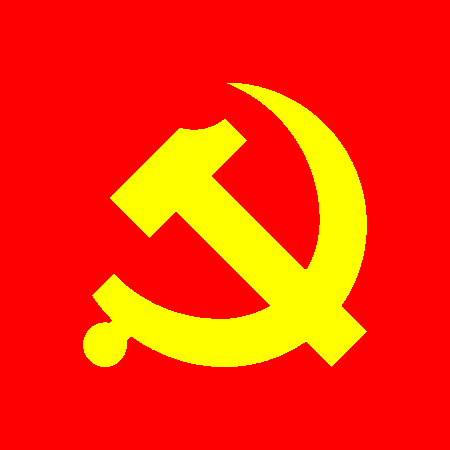

Unfortunately they tend to oppose Marxists, so OP wanting a more Grad-style instance than anarchist disqualifies Kolektiva.social.


Unfortunately they tend to oppose Marxists, so OP wanting a more Grad-style instance than anarchist disqualifies Kolektiva.social.


Thanks, comrade! As @Edie@lemmy.ml corrected me, toots.matapacos.dog should be what you want!


Oh, thanks! I tried both matopacos.dog and matopacos.toots, didn’t think to do toots.matapacos.dog 🤦


Lemmy, haha. I never had a twitter account so I never felt the need to replace it.


I believe there’s one called Matapacos, but I can’t seem to find it. Grad used to have an akkoma instance too.
AES in this context refers to actually existing socialism.


Sounds good! I do think you should try this list though, and treat the old one as inspo.


I’m certainly not an “expert,” but it does appear that way, yes. The global south is rising in development, which is breaking down the system of super-exploitation the west has relied on. Without a strong industrial base, austerity is forced, which breeds discontent. Something is always rising, and something is always dying away. Dialectics at work.


Ah, gotcha. They are employing more draconian measures as they are forced into austerity politics by imperialist decay, because they need to exert a tighter grip on a population that does not want austerity. This, of course, breeds more resistance, as you pointed out.


What do you mean? The state acts depending on the circumstances it finds itself in, and the stage of class struggle. States prohibit more as class struggle heightens and from external and internal pressures, that’s what drives it.


How far are you? The old one is much too long for most people, this one is the cleaned-up and trimmed version of the previous list.
You’re adding an argument for someone to be upset about in a reasonable way to fundamentally change the post. The point is that saying “fuck Nazis” upsets Nazis.
No? You’re finding anyone upset at the general statement “fuck Nazis” to quite probably be Nazis. We aren’t talking about general, abstract argument, but the particular statement “fuck Nazis.”
You’re inventing a strawman to argue against.
Nobody is calling everyone that disagrees with us Nazis. You added that.
What part of “fuck Nazis” do you disagree with?


Capital actually has a manga adaptation too, haha!
The overwhelming majority of Marxists agree with Lenin’s advancements on Marxism, be they Marxist-Leninists or Maoists (not to be confused with the ideology of the CPC, which is ML). At that point, can they really be considered Marxist friendly?